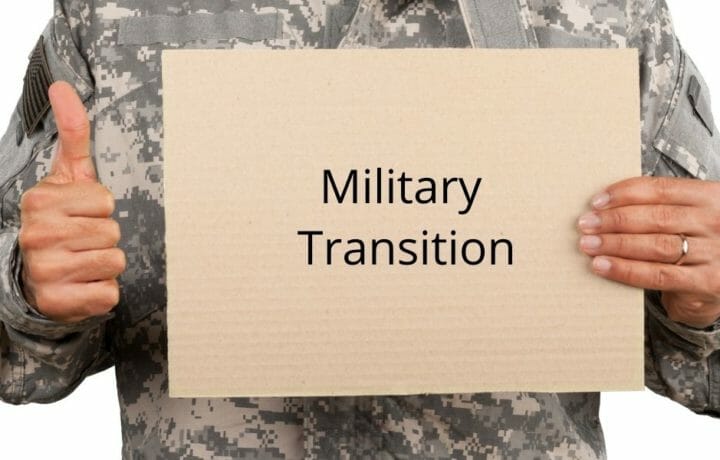When it comes to business ownership, veterans are standouts. They’re good at it and as their military service demonstrates, they don’t cede defeat easily. According to the Small Business Administration, one in seven veterans is now self-employed. That’s the highest percentage of any demographic. Not only that, close to 70 percent of veteran entrepreneurs are still up and running a decade later. If serving as boss is the goal for your next career move, a security clearance can increase your chance for success, as it’s an asset few other entrepreneurs can claim.
“A security clearance can benefit a transitioning service member who becomes an entrepreneur,” said James Lee Schmeling, co-founder and managing director, Institute for Veterans and Military Families (IVMF), Syracuse University. “A business owner with a security clearance can become a subcontractor or consultant to businesses who do work which requires clearances. They may also be able to become suppliers. Various service suppliers may require clearances to be in certain facilities. For example, even custodial services may require cleared individuals, or document destruction businesses or subcontractors who install computers or networks might require clearances.”
Schmeling’s organization is the first of its kind in the nation to focus on the social, economic, education and policy issues facing returning veterans. After being featured earlier this month on CBS’ 60 Minutes, the IVMF has been contacted by scores of veterans interested in the organization’s entrepreneurship programs. They include Operation Boots to Business: From Service to Startup, Entrepreneur Bootcamp for Veterans with Disabilities, and Veteran Women Igniting the Spirit of Entrepreneurship. The organization also offers Operation Endure and Grow, an eight-week online training program to assist members of the Guard and Reserve in launching and growing a small business.
While the combination of military service and skills is increasingly appealing in the corporate and business communities, Schmeling says a security clearance helps open doors in industries that may be closed to others.
“For security cleared veterans, the array of businesses and industry opportunities could include defense contractors who manufacture systems and equipment, building services, construction services, communications, computing, data analysis, transportation/logistics, engineering, and many more,” he said. “If there are needs for cleared personnel to work on contracts or projects, there are likely to be smaller awards set aside for veteran or service disabled veteran owned businesses, and some of those may require the owners or principals to have security clearances.”
Once up and running, veteran business owners also are more likely to hire employees who have security clearances, bringing the business up to a status often unmatched among other startups and new businesses.
The bottom line: Military service is good training ground for business ownership. If you had what it takes to serve your country, you have the discipline, skills and leadership to serve in business. Having a security clearance is a powerful add-on. It serves as a reinforcement in an ever-accelerating number of industries seeing its value even when it isn’t a requirement.




